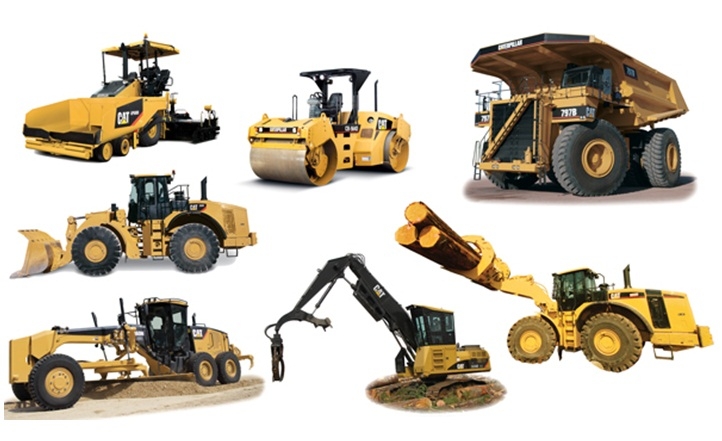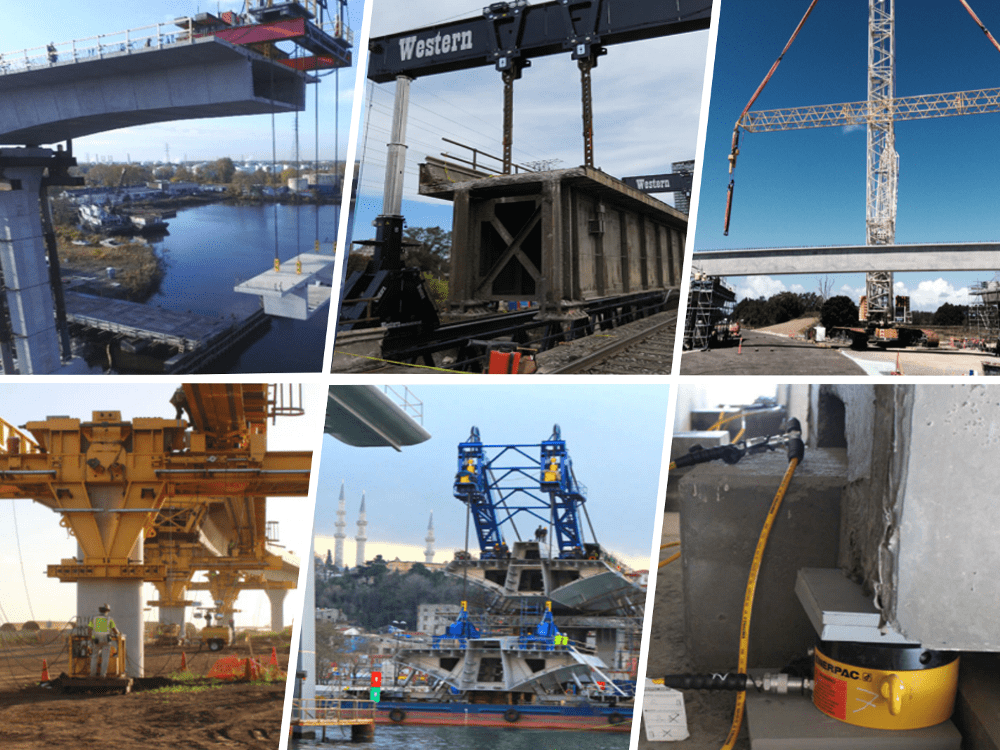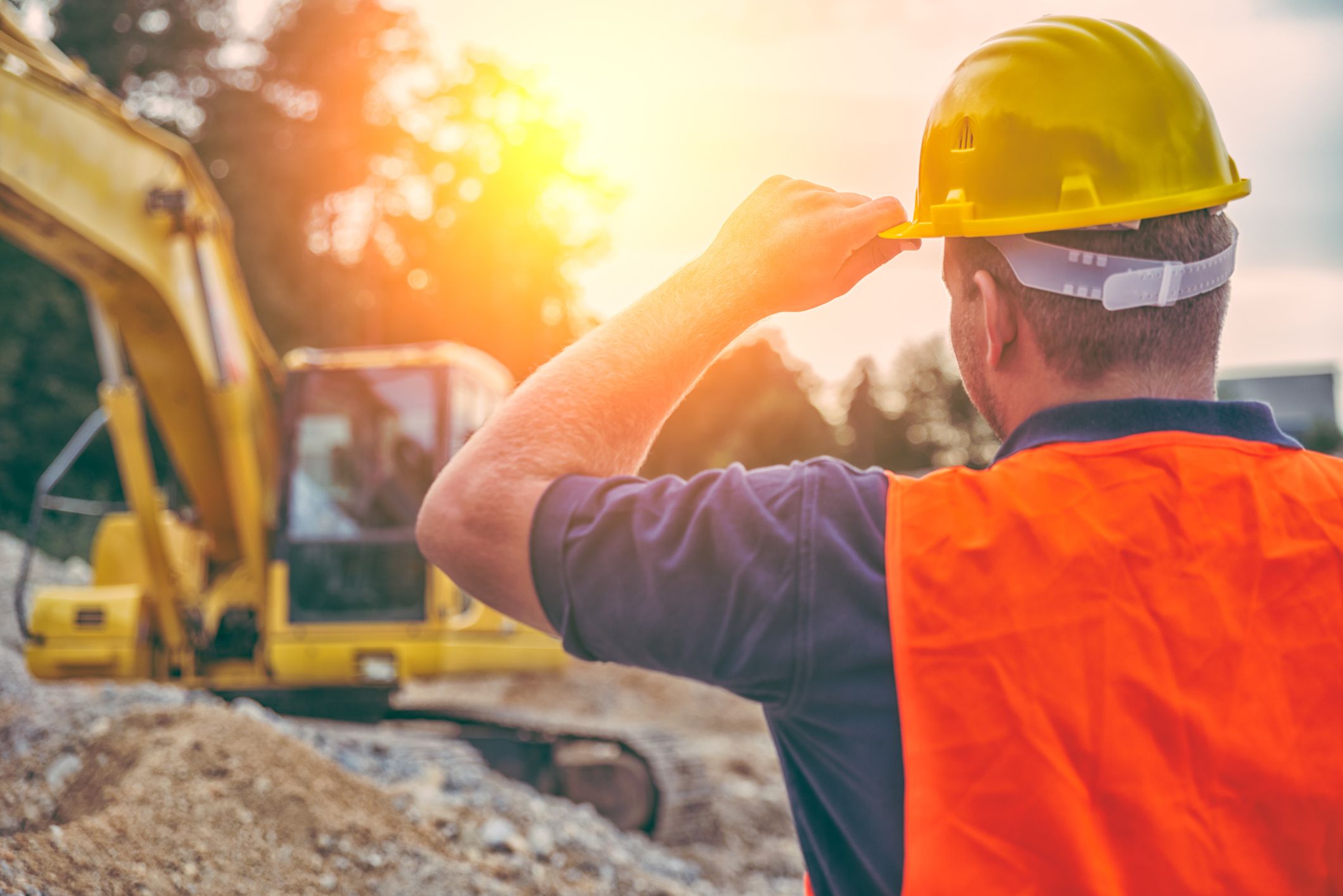Aerial Lift Rental in Tuscaloosa AL: Protect and Efficient High-Reach Equipment
Aerial Lift Rental in Tuscaloosa AL: Protect and Efficient High-Reach Equipment
Blog Article
Discovering the Financial Conveniences of Leasing Building And Construction Devices Contrasted to Possessing It Long-Term
The choice between owning and renting building and construction devices is critical for monetary management in the sector. Renting deals instant cost financial savings and operational flexibility, permitting business to allocate resources more efficiently. In comparison, ownership includes substantial long-lasting economic dedications, consisting of upkeep and depreciation. As contractors evaluate these alternatives, the effect on capital, task timelines, and technology gain access to comes to be increasingly considerable. Understanding these nuances is necessary, particularly when considering just how they align with certain task requirements and monetary approaches. What elements should be prioritized to ensure optimal decision-making in this complex landscape?

Cost Comparison: Renting Vs. Owning
When examining the financial effects of owning versus renting building devices, a detailed price comparison is vital for making informed choices. The option in between leasing and owning can substantially impact a firm's lower line, and understanding the linked expenses is important.
Renting building and construction tools usually involves reduced in advance expenses, allowing organizations to allot funding to other operational demands. Rental contracts typically include adaptable terms, enabling firms to access progressed machinery without long-term dedications. This adaptability can be especially helpful for temporary tasks or rising and fall work. However, rental costs can collect over time, possibly surpassing the expenditure of possession if equipment is required for an extended duration.
On the other hand, owning building and construction devices calls for a substantial preliminary financial investment, together with recurring costs such as devaluation, insurance, and financing. While ownership can result in long-lasting financial savings, it additionally ties up capital and might not give the very same degree of adaptability as leasing. Furthermore, having devices necessitates a commitment to its utilization, which may not constantly straighten with job needs.
Eventually, the decision to lease or possess needs to be based upon a detailed evaluation of particular project needs, financial ability, and lasting strategic objectives.

Upkeep Responsibilities and expenditures
The choice in between possessing and renting out building and construction tools not just entails economic factors to consider yet additionally encompasses recurring upkeep expenditures and responsibilities. Owning equipment calls for a significant commitment to its upkeep, that includes routine examinations, fixings, and potential upgrades. These responsibilities can quickly build up, resulting in unexpected costs that can strain a budget plan.
On the other hand, when renting out devices, upkeep is generally the obligation of the rental firm. This setup enables service providers to stay clear of the monetary problem related to deterioration, as well as the logistical obstacles of organizing repair work. Rental agreements usually consist of provisions for upkeep, indicating that professionals can concentrate on finishing projects as opposed to stressing about tools problem.
Furthermore, the diverse array of devices offered for lease allows companies to pick the most recent designs with sophisticated technology, which can boost effectiveness and productivity - scissor lift rental in Tuscaloosa Al. By choosing leasings, businesses can stay clear of the long-lasting obligation of equipment devaluation and the connected maintenance frustrations. Ultimately, examining upkeep costs and duties is important for making an educated decision regarding whether to rent out or own construction devices, significantly affecting total project expenses and functional performance

Devaluation Effect On Possession

A significant aspect to take into consideration in the choice to own building tools is the influence of depreciation on overall ownership expenses. Devaluation stands for the decrease in worth of the equipment gradually, influenced by aspects such as usage, damage, and developments in technology. As devices ages, its market price diminishes, which can considerably impact the owner's financial placement when it comes time to market or trade the equipment.
For building and construction companies, this depreciation can convert to considerable losses if the equipment is not utilized to its fullest possibility or if it comes to be outdated. Owners have to make up depreciation in their financial estimates, which can cause higher overall prices compared to renting. In addition, the tax obligation ramifications of depreciation can be intricate; while it might offer some tax advantages, these are commonly offset by the fact of minimized resale value.
Ultimately, the worry of devaluation highlights the significance of understanding the long-term monetary commitment involved in possessing building and construction devices. Companies must carefully review exactly how typically they will make use of the devices and the potential monetary influence of devaluation to make an enlightened choice concerning possession versus leasing.
Monetary Flexibility of Renting Out
Renting building and construction devices offers dig this considerable financial adaptability, enabling firms to assign sources extra effectively. This flexibility is especially crucial in a market characterized by changing project needs and differing workloads. By deciding to lease, businesses can prevent the substantial funding outlay needed for buying tools, preserving capital for other operational requirements.
Additionally, renting out devices makes it possible for companies to tailor their tools options to certain project requirements without the lasting dedication related to ownership. This suggests that services can easily scale their devices stock up or down based on expected and present task needs. As a result, this versatility reduces the risk of over-investment in equipment that might become underutilized or outdated gradually.
An additional economic benefit of renting is the capacity for tax obligation advantages. Rental payments are typically taken into consideration overhead, enabling for prompt tax deductions, unlike depreciation on owned equipment, which is topped a number of years. scissor lift rental in Tuscaloosa Al. This instant cost recognition can additionally boost a company's cash position
Long-Term Project Considerations
When evaluating the lasting needs of a building and construction business, the choice in between possessing and renting out equipment ends up being extra complex. For tasks with extended timelines, acquiring equipment might appear beneficial due to the possibility for lower total costs.
The construction market is evolving quickly, with brand-new equipment offering improved performance and safety functions. This versatility is specifically useful for organizations that take care of diverse tasks needing various kinds of tools.
Furthermore, monetary stability plays a critical role. Possessing equipment typically requires significant capital investment and devaluation concerns, while renting permits for even more predictable budgeting and capital. Eventually, the option between renting and owning ought to be lined up with the critical objectives of the building company, taking into consideration both expected and existing job demands.
Final Thought
To conclude, renting building and construction tools provides substantial financial advantages over long-term possession. The lessened ahead of time expenses, elimination of maintenance duties, and evasion of devaluation add to enhanced cash money circulation and financial versatility. scissor lift rental in Tuscaloosa Al. Furthermore, rental settlements work as immediate tax reductions, additionally benefiting professionals. Eventually, the decision to rent instead than this contact form very own aligns with the dynamic nature of construction projects, enabling adaptability and accessibility to the newest tools without the financial burdens related to possession.
As equipment ages, its market value diminishes, which can substantially impact the proprietor's monetary setting when it comes time to market or trade the tools.
Renting out building devices uses considerable monetary versatility, enabling companies to allocate sources more efficiently.Additionally, renting out tools makes it possible for tractor with backhoe for sale firms to customize their tools choices to particular project requirements without the long-term commitment connected with ownership.In final thought, renting construction equipment offers substantial financial advantages over long-term ownership. Ultimately, the decision to rent instead than very own aligns with the vibrant nature of construction projects, allowing for adaptability and access to the newest devices without the monetary problems connected with possession.
Report this page